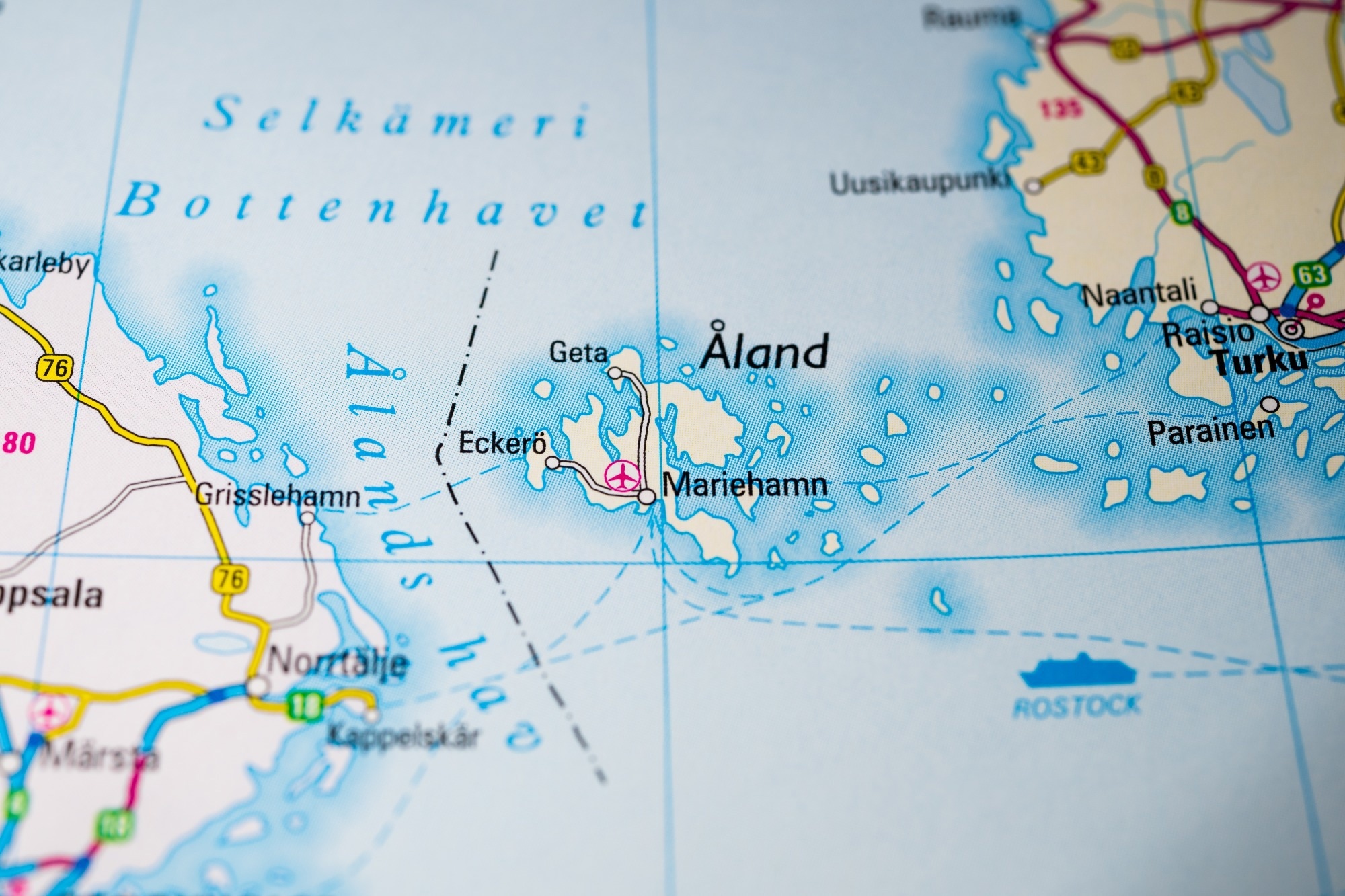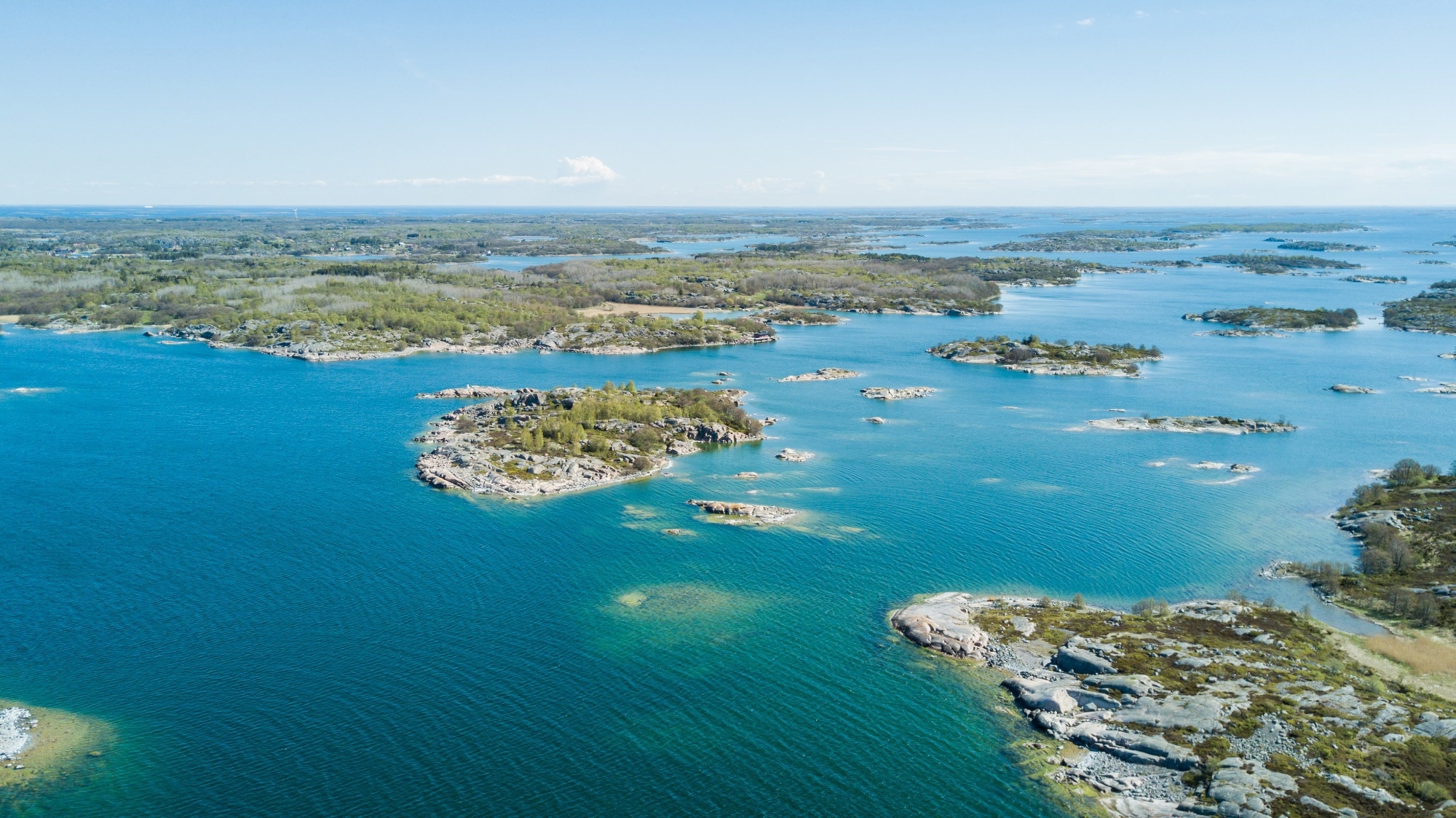In Western Finland, the longest-lived region thrives without following classic Blue Zone habits, while another community shows promising lifestyle patterns, challenging the idea that there’s only one path to a long and healthy life.
 Study: Searching for a Potential Blue Zone in the Nordics: A Study on Differences in Lifestyle and Health in Regions Varying in Longevity in Western Finland. Image Credit: Trygve Finkelsen / Shutterstock
Study: Searching for a Potential Blue Zone in the Nordics: A Study on Differences in Lifestyle and Health in Regions Varying in Longevity in Western Finland. Image Credit: Trygve Finkelsen / Shutterstock
Since their description in 1999 by Poulain and colleagues, "Blue Zones", geographical regions characterized by the unusual longevity of their inhabitants, have been identified worldwide. However, the Blue Zone framework has never explicitly investigated the Nordic areas. In a recent study published in the Journal of Aging Research, researchers evaluated four regions within Western Finland to see if any have the lifestyle principles typically associated with Blue Zones.
Study findings revealed an unexpected paradox – the most long-lived region, the Åland Islands, demonstrated the best health outcomes but did not adhere closely to the Blue Zone lifestyle. Conversely, areas demonstrating stronger adherence to these principles did not have uniformly high longevity. Finnish-speaking Ostrobothnia deviated most significantly from Blue Zone principles. The findings suggest that in a Nordic welfare state context, factors beyond the classic Blue Zone lifestyle, like environmental agreeableness, genetics, and socioeconomic resources, may be critical drivers of healthy aging, guiding public health policy in these regions that are gradually aging.
Background
"Blue Zones" are geographical areas where people live significantly longer (measured through rigorous demographic validation like extreme longevity indexes) and healthier lives. First identified in Ogliastra, Italy (1999), these longevity hotspots, which now also include Nicoya, Costa Rica, and Okinawa, Japan, famously share common lifestyle traits, popularly distilled into principles like "move naturally," "eat wisely," and "avoid stress and get plenty of sleep" (combined as one principle).
The Blue Zone framework's social and public health benefits cannot be understated, as the concept has inspired several global public health initiatives to leverage its principles to promote healthy aging. Critics, however, question whether the Blue Zone framework, derived from specific cultural contexts, can be universally applied, especially in regions such as Nordic welfare states with unique social and environmental landscapes that radically differ from those of validated Blue Zones.
About the Study
The present study addresses this knowledge gap by searching for a potential Blue Zone in Western Finland, a region known for its linguistic diversity with previously reported notable differences in health and longevity between its Swedish-speaking and Finnish-speaking populations. This research additionally aims to validate whether the region with the highest longevity also shows the best health and the strongest adherence to established Blue Zone lifestyle principles.
The study leveraged data from four distinct populations in Western Finland that differ in language (ethnolinguistically) and longevity: 1. The Åland Islands (Swedish), 2. Ostrobothnia (bilingual), split into Swedish- and Finnish-speaking subgroups for analysis, and 3. South Ostrobothnia (Finnish). Official (government) statistics comprised the study's longevity data and were used to rank the regions on the longevity of their inhabitants. However, these statistics could not differentiate between language groups within Ostrobothnia.
Regions' health and lifestyle data were obtained from surveys collected from older adults (aged 66-91) in these regions as part of the Gerontological Regional Database (GERDA) in 2021-2022. However, the GERDA survey's self-response format may overrepresent healthier individuals, especially in Finnish-speaking regions with lower response rates.
Adherence to Blue Zone principles was assessed across seven core metrics plus an environmental supplement: 1. Move naturally, 2. Eat wisely, 3. Avoid stress and get plenty of sleep, 4. Strong family ties and community support, 5. Respect the planet, 6. A purpose in life, and 7. Environmental features (added as a supplementary principle). Health variables with known longevity associations (e.g., medical conditions and instrumental activities of daily living [IADL]) were used to measure healthy aging. Scoring was composite, with each principle awarded fractional points based on multiple sub-variables. Participants' sociodemographic data (age, sex, education status, etc.) were accounted for in statistical models (Analysis of Variance [ANOVAs]).
 Åland Islands. Image Credit: Heikki Wichmann / Shutterstock
Åland Islands. Image Credit: Heikki Wichmann / Shutterstock
Study Findings
Longevity data confirmed that the Åland Islands were the most long-lived region, with a life expectancy at birth of 83.47 years (2020-2022), closely followed by Ostrobothnia (83.10 years), while South Ostrobothnia had the lowest (81.83 years). Åland also showed the highest rates of nonagenarians and centenarians.
Unexpectedly, however, health and lifestyle data analysis revealed that while Åland demonstrated the best overall health scores (e.g., lowest medication use, best dental health, and least pain), its inhabitants did not follow the core Blue Zone lifestyle closely, scoring only 1.23 out of a possible 7+ principles. Its main strength was "environmental agreeableness" (0.8/1), a measure of living in a pleasant, activity-promoting natural environment linked to its archipelago setting. Researchers attribute Åland's longevity to potential genetic advantages and higher socioeconomic status (education/income) alongside environmental factors.
In contrast, Swedish-speaking Ostrobothnia and South Ostrobothnia showed the strongest adherence to the core Blue Zone lifestyle principles, both scoring 1.73. They demonstrated the highest adherence in principles related to "strong family ties," "community support," and "purpose in life." Both regions are part of Finland's religious "Bible Belt," with high rates of religious activity potentially contributing to purpose-driven living. South Ostrobothnia additionally showed notable strength in "respect for the planet." Despite this, Swedish-speaking Ostrobothnia had slightly lower longevity than Åland, and South Ostrobothnia had the poorest health and the lowest longevity of the studied regions. Critically, Finnish-speaking Ostrobothnia scored 0, showing the weakest alignment with Blue Zone principles, yet had better health than South Ostrobothnia.
Conclusions
The present study challenges the universality of the Blue Zone framework and highlights that the pathways to a long and healthy life are not one-size-fits-all. In Nordic welfare states, longevity may stem from context-specific factors like environmental assets (Åland) or social-religious cohesion (Swedish-speaking Ostrobothnia) rather than universal lifestyle principles. The researchers suggest Swedish-speaking Ostrobothnia warrants further investigation as a potential Blue Zone candidate due to its balance of longevity, health, and lifestyle adherence.
Journal reference:
- Åkerman, S., Deeg, D., Boman, E., Niklasson, J., Gustafson, Y., & Nyqvist, F. (2025). Searching for a Potential Blue Zone in the Nordics: A Study on Differences in Lifestyle and Health in Regions Varying in Longevity in Western Finland. Journal of Aging Research, 2025(1). DOI – 10.1155/jare/5535904. https://onlinelibrary.wiley.com/doi/10.1155/jare/5535904